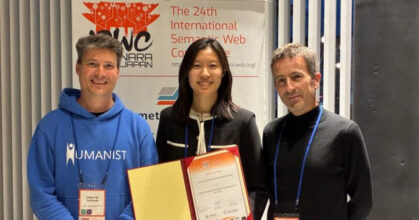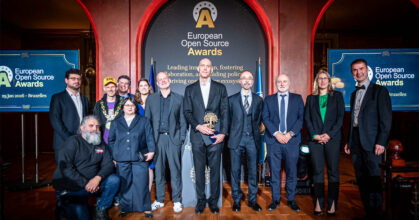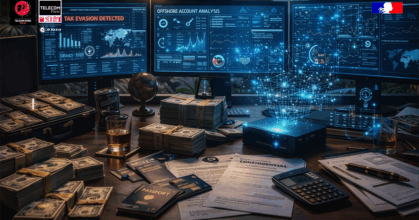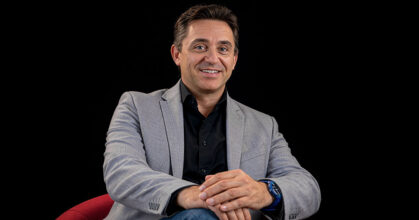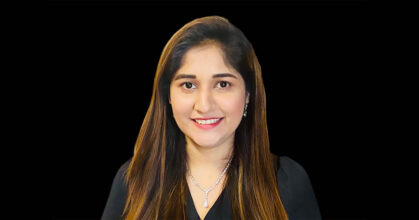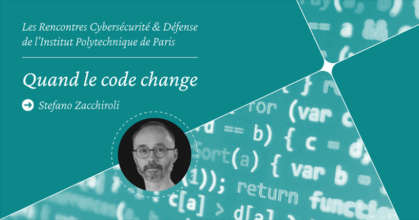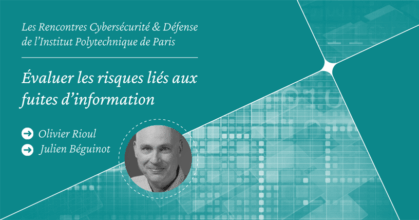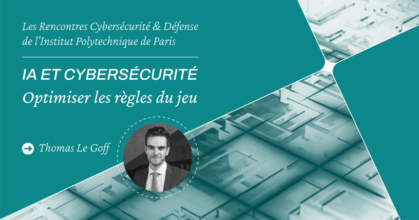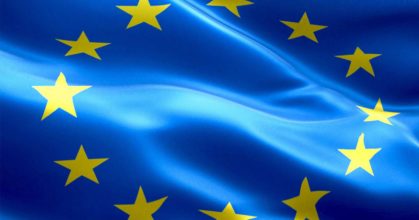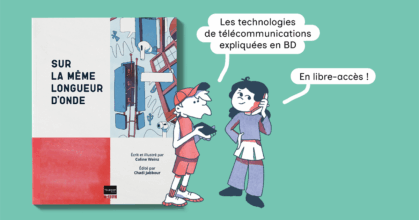Through various types of individual grants (see below), the ERC finances exploratory, ambitious and innovative projects. These projects last 5 years and have a substantial budget. They allow researchers to form or consolidate their own research teams and to benefit from increased international visibility.
ERC calls for projects are open to researchers of any nationality, provided they work in a European Union country, and to all research fields. The sole selection criterion is scientific excellence.
ERC Grants at Télécom Paris
 Gaël Richard
Gaël Richard
 Mansoor Yousefi
Mansoor Yousefi
 Yanlei Diao
Yanlei Diao
ERC Consolidator Grant 2016
 Alexandre Gramfort
Alexandre Gramfort
ERC Starting Grant 2015
The various ERC Grants
- The ERC Starting Grant aims to support promising young researchers with 2-7 years of experience after their Ph.D., who have shown their potential to become independent research leaders. Up to 1.5 million euros can be awarded for a five-year period. With this grant, researchers will be able to set up their own team.
- The ERC Consolidator Grant aims to support a researcher with 7-12 years of experience after their Ph.D., who is capable of implementing their project independently. Up to two million euros can be awarded for a five-year period. With this grant, the scientist will be able to undertake exploratory projects (innovative project or methodology).
- The ERC Advanced Grant aims to support researchers with at least 10 years of experience after their Ph.D., who have shown their research to be original and significant. Up to 2.5 million euros can be awarded for a five-year period.
- The ERC Proof of Concept grant enables researchers who have already been awarded an ERC grant to assess the commercial potential of their research. Up to 150,000 euros can be awarded over 18 months.
- The « ERC Synergy grant » funds a group of 2 to 4 researchers brought together to carry out a very ambitious project thanks to their complementary expertise. The funding can reach 10 million euros over 6 years.
The latest research news

Best Paper Award at Int'l Semantic Web Conference
PhD, Faculty Members, Modeling — 16/02/2026Y. Peng, Th. Bonald, and F. Suchanek receive a Best Paper Award for their paper “FLORA: Unsupervised Knowledge [...]
European award for the Software Heritage initiative
Faculty Members — 06/02/2026Stefano Zacchiroli was honoured, alongside Roberto Di Cosmo, with a Special Recognition for Community Impact for his work on [...]
[Ideas] Could AI help combat tax evasion?
Data Science & AI, Digital Economy, Faculty Members — 03/02/2026Nils Holzenberger: help legislators to anticipate risks when drafting new laws.
[Ideas] Research: balance between targeted innovation and scientific freedom
Faculty Members — 29/01/2026F. Grillot: Supporting fundamental research with no immediate purpose is essential for major scientific [...]
Macro-threats on microarchitectures
Digital Trust, Faculty Members — 28/11/2025Maria Mushtaq, researcher at Télécom Paris and organiser of the MIC-SEC winter school, sheds light on the developments and [...]
When the code changes (IP Paris)
Digital Trust, Faculty Members — 30/10/2025Stefano Zacchiroli is co-founder of the Software Heritage project. Drawing on this global archive of open source software, he offers [...]
Assessing the risks associated with information leaks
PhD, Digital Trust, Faculty Members — 17/10/2025Olivier Rioul and Julien Béguinot, PhD student, use tools from the mathematical theory of communication [...]
AI and cybersecurity: optimizing the rules of the game
Digital Trust, Data Science & AI, Faculty Members — 06/10/2025Thomas Le Goff: AI and cybersecurity are also a matter of regulation, with consequences for [...]
A new policy report on the regulation of data centres in Europe
Digital Economy, Faculty Members — 03/10/2025Over the past 6 months, Thomas Le Goff et al. worked with the Centre on Regulation in Europe (CERRE) [...]
A comics about 5G and telecoms!
Digital Trust, Faculty Members, Communication Systems & Networks — 08/09/2025"Tuned-In" by Coline Weinz and Chadi Jabbour introduces you to radio waves, the hidden side of your [...]
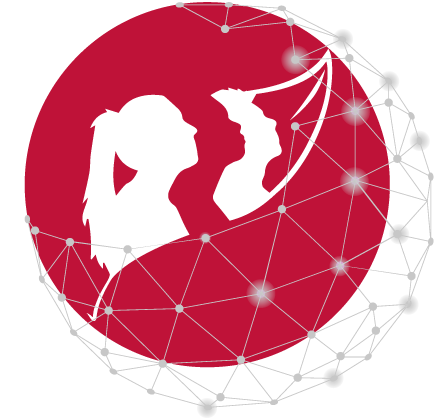
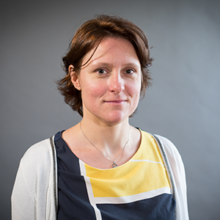 Michèle Wigger
Michèle Wigger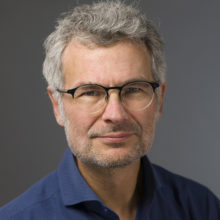 Gaël Richard
Gaël Richard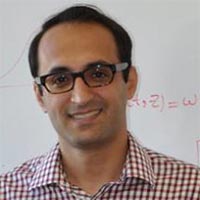 Mansoor Yousefi
Mansoor Yousefi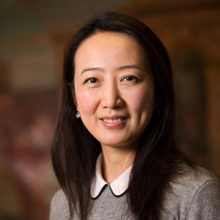 Yanlei Diao
Yanlei Diao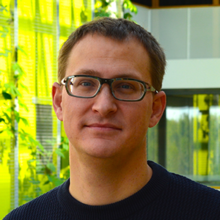 Alexandre Gramfort
Alexandre Gramfort